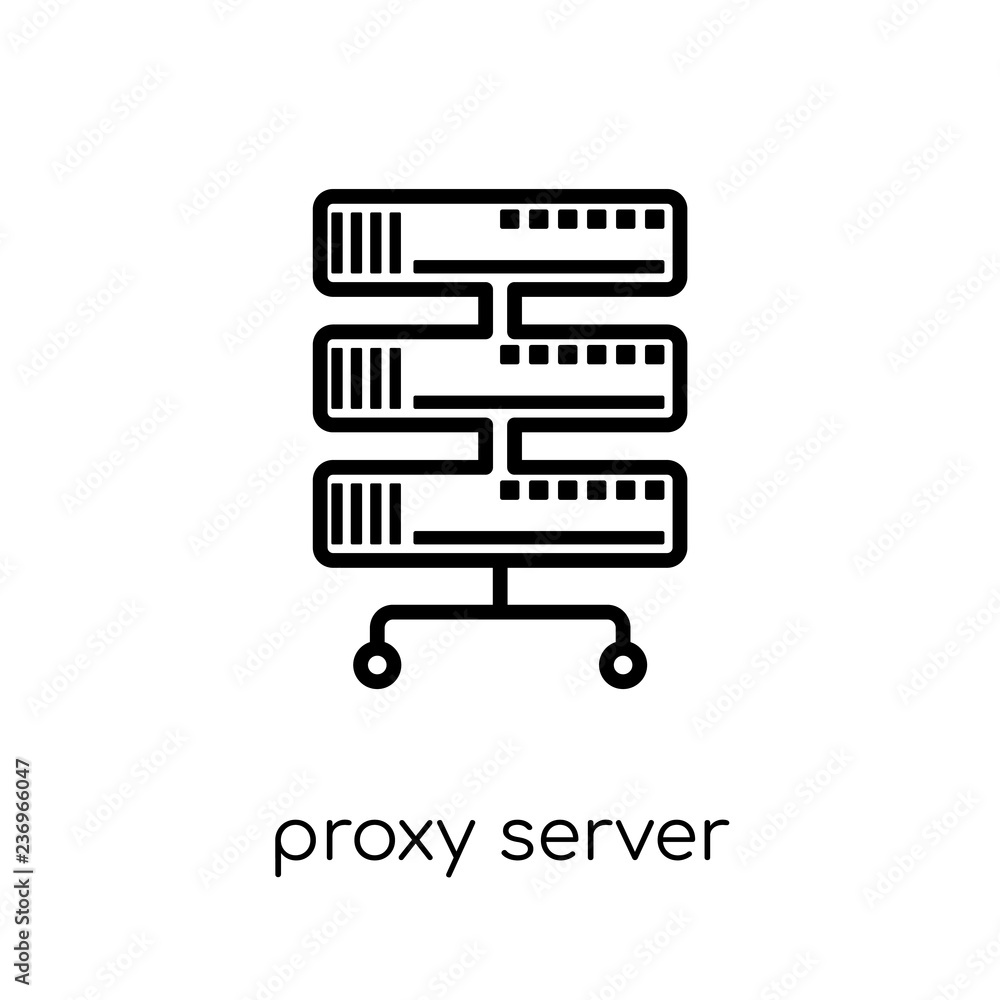In the current digital landscape, digital security and confidentiality are major issues for many people using the internet. As we navigate an increasingly connected world, the need to protect our personal information and maintain anonymity online is at an all-time high. One helpful approach for addressing such issues is the employment of proxy servers. So, what is a proxy server, and what is their function? This guide will walk you through the essential steps to set up your own proxy server while examining the different advantages and categories of proxies available.
If you're aiming to improve your online privacy, access geo-restricted content, or elevate your gaming performance, comprehending how proxy servers work can unlock a world of possibilities. From differentiating between proxies and VPNs to exploring how organizations employ proxies for cybersecurity, this article will arm you with the insights you need to formulate wise choices about your digital footprint. Join us as we delve into the setup process and discover the various perks that come with using a proxy server.
Understanding Proxy servers
Proxy servers function as middlemen between your computer and the internet. When you submit a query to reach a web page, the request initially goes through the intermediary, which forwards it to the final server. https://omeka.net implies your IP address is masked from the destination site, and the website only sees the IP address of the proxy. This process lets people to boost their privacy and protection while browsing the web.
There are various forms of proxy servers, each with its unique functionalities and purposes. The most typical kinds include HTTP proxy servers, which are utilized for internet traffic; SOCKS proxy servers, which can process any kind of web traffic; and transparent servers, which work without altering queries. Understanding the differences between these proxy type forms is essential for choosing the correct one for your requirements, whether for private use or enterprise use.
Utilizing a proxy comes with several benefits, particularly regarding internet privacy and protection. By hiding your IP address, these intermediaries assist guard your information from websites and cyber attackers. They also offer additional capabilities such as content management, ad blocking, and caching data, which can improve surfing speed and safety. However, it is important to pick reliable proxy providers to ensure effective protection and reduce risks.
Benefits and Risks of Using Proxy Servers

Using proxy servers offers a variety of advantages that can enhance your internet experience. One of the primary advantages is enhanced privacy. Proxies can mask your IP address, making it more difficult for sites and services to track your browsing habits. This level of anonymity is particularly helpful when accessing sensitive information or when you want to escape targeted advertisements. Moreover, proxies can provide entry to geo-restricted content by redirecting your connection through servers located in various regions, allowing you to enjoy streaming content and websites that may be restricted in your location.
In spite of these benefits, there are inherent risks associated with using proxy servers. One of the significant concerns is safety, especially when using free proxies. These services may log your activities or even inject harmful data into your connection, putting your personal data at risk. Additionally, not all proxies provide encryption, which is crucial for protecting your data from potential eavesdroppers. Therefore, it's essential to select reputable proxy providers and be aware of their privacy policies to reduce these risks successfully.
Another crucial consideration is the potential for reduced internet speeds. While some proxies can boost performance in certain scenarios, others may cause lag due to their routing processes. This can be particularly problematic for activities such as online gaming or watching high-definition videos. It's crucial to evaluate the type of service you select, as some options, like home IPs, may provide better speed and reliability compared to free or anonymous proxies, offering a more smooth user experience.
Selecting The Best Proxy to Meet Your Needs
As deciding on a proxy server, it becomes crucial to think about your particular needs to ensure optimal performance and security. Diverse types of proxies fulfill different purposes, whether for surfing anonymity, streaming, or data scraping. For instance in point, HTTP proxies are ideal for web browsing, but SOCKS proxies offer more versatility for multiple types of traffic. Assess whether you require a residential proxy for a more genuine browsing appearance or a data center proxy for quicker performance.
Additionally, consider the level of privacy and security you require. Proxies can vary in the encryption methods they provide, impacting your online safety and data protection. If retrieving sensitive information, select proxies that offer robust encryption. It also important to research the reputation of the proxy service to make sure they do not log your activity or sell your data.
In conclusion, consider the geographic needs of your activities. If you plan to bypass geo-restrictions for streaming or gaming, opt for a proxy that can effectively mask your IP address in the desired region. Check user reviews and testing results, as this can uncover how well a proxy performs under multiple conditions. By thoughtfully assessing these factors, you can pick a proxy that fits your needs and boosts your online experience.
